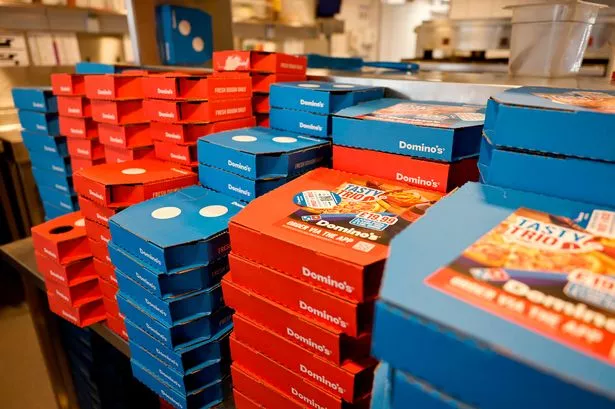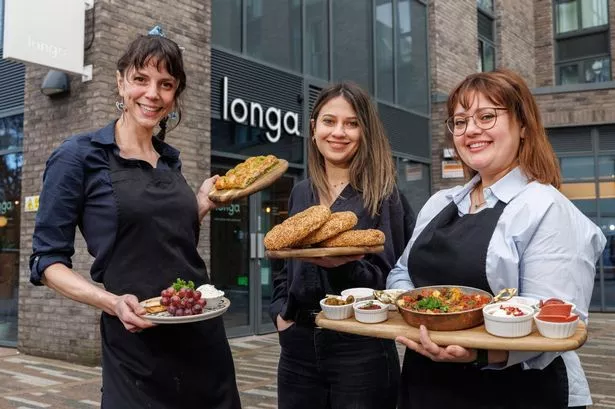Domino's UK announces new chair and reports mixed financial results for 2024
Domino's Pizza Group, the UK arm of Domino's Pizza Inc, has announced the appointment of a new Chair who will assume the role in April.
The company also reported a slight decrease in revenue but saw higher sales and an increased dividend, as reported by City AM.
In the 52 weeks leading up to December 29, sales rose by two percent to £1,571.5 million, up from £1,540.5 million the previous year.
Earnings before interest, tax, depreciation, and amortisation (EBITDA) for the firm, which operates in both the UK and Ireland, climbed by 6.4 percent to £143.4 million.
However, revenue dipped by 0.4 percent, from £667 million to £664 million, while profit after tax fell sharply by 21.6 percent to £90.2 million.
Domino's attributed the significant drop in post-tax profit to the comparative base of 2023 when the company divested its stake in a German joint venture, receiving £79.9 million.
The company proposed a final dividend of 7.5p per share, increasing its total 2024 dividend by 4.8 percent year-on-year to 11p.
CEO Andrew Rennie commented on the results: "Today's results show the benefits of our long-term strategy," adding, "We've capitalised on our competitive strengths, agreed a new five-year framework with our franchise partners and opened 54 stores."
Rennie also noted that "Our trading momentum accelerated as the year progressed, our delivery channel returned to growth and we delivered strong underlying earnings growth."
Domino's is focusing on store and digital expansion, aiming to achieve £2 billion in sales from over 1,600 stores by 2028.
Despite this, analyst Dan Lane from Robin Hood cautioned: "Uncertainty seems to be the theme today at Domino's."
Shares in the UK division of Domino's Pizza appear to be significantly undervalued when compared to its US counterpart, making it one of the most shorted stocks in the UK market.
"To get back into the market's good books, profits really need to start motoring under the new five-year framework. If they don't, investors are likely to pile even more pressure on the pizza brand," stated Lane.
Domino's expects that its underlying earnings before interest, taxes, depreciation, and amortisation (EBITDA) for 2025 will align with current expectations of the market.
In other news, Domino's has declared the appointment of Ian Bull as the new Chair of the company, effective post-AGM on April 24, 2025.
Bull, who took up the role of Senior Independent Director at Domino's in September 2019, has a rich background serving as CFO across various leisure and hospitality businesses, such as Greene King, Ladbrokes, and Parkdean Resorts.
Matt Shattock, the outgoing chair who has served for five years and is based in the US, highlighted the need for a UK-based chairmanship at Domino's.
Ian Bull expressed his anticipation for his upcoming tenure, "Domino's today is a very different business to five years ago and Matt's guidance and leadership have been hugely valuable, helping stabilise the business initially and moving it onto the strong footing for future growth it has today."
Bull further shared his enthusiasm, saying, "I'm delighted to be stepping into the role and look forward to working with my fellow Board members, our CEO Andrew Rennie and all our team members and franchise partners as we take the business to the next level."










